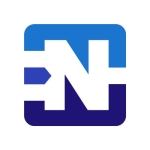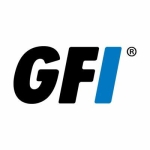We were mainly using it because we had two ISP links, so it was a kind of gateway device. Whenever a link went down, the firewall used to automatically switch over to the secondary link so that the internet connectivity is kind of highly available.
The VPN connectors should be better. We had some challenges in terms of the VPN with Palo Alto Networks NG Firewall, and that's one of the main reasons why we moved to Sophos.
Its load handling can also be improved. There were challenges when traffic was high. During peak business hours, it did not function very well. There was a lot of slowness, and the users used to complain, especially when they were connecting from outside. We even reported this to the support team.
Their support should also be improved. Technical support was a bit of a concern while using this solution. We didn't get very good support from the Palo Alto team.
I have been using this solution for almost two to three years.
It was fine normally, but during peak business hours, it used to have challenges. We faced this issue at least two to three times a month.
It is not very scalable. We had around 100 users. We had around ten people in our IT team.
Support was a bit of a concern while using this solution. The support that we received was not too great, which caused a lot of issues. They were not very customer friendly.
This was the first firewall that we used.
I didn't do the installation.
I would not recommend this solution. I am sure they will come up with better models to overcome some of the challenges that we faced, but I would definitely not recommend this particular model.
I would rate Palo Alto Networks NG Firewalls a six out of ten.














